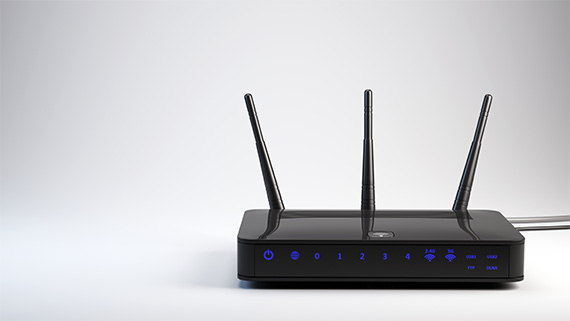Securing MDU Web Traffic Via Robust Cryptographic Protocols to Safeguard User Confidentiality and Information Accuracy
Securing MDU Web Traffic Via Robust Cryptographic Protocols to Safeguard User Confidentiality and Information Accuracy
Blog Article
Within the current digital landscape, securing internet data is more crucial than ever, particularly in Multi-Unit Units (MDUs) such as apartment complexes and condominiums settings. Such environments often have numerous residents utilizing the same web connection, which can result to potential safety threats. To ensure that residents' privacy and information integrity are protected, it is vital to implement strong encryption standards. Data encryption is a method that scrambles information, making it unreadable to individuals who do not have the correct credentials to decode it. This procedure helps maintain personal data safe from cybercriminals and unauthorized access.
A of the most commonly used coding protocols is Secure Socket Layer (SSL) and its successor, Transport Security (TLS). Such protocols create a protected link between a user’s system and the internet, guaranteeing that all data exchanged stays confidential. When residents in an MDU access sites that employ SSL/TLS, their personal information, including login credentials and credit card details, is secured. This implies that even if someone attempts to capture the data, they would only see a jumble of characters and digits, making it almost impossible to understand. By promoting the adoption of such protocols, MDUs can greatly enhance the safety of their tenants' internet activities.
Another important coding method is VPN Secure Network (VPN) technology. A VPN creates a protected pathway for web traffic, which protects users from prying observers, particularly when accessing public Wi-Fi networks. In an MDU, in which many residents may connect to the same service, employing a VPN can assist ensure that individual internet activities stay confidential. This is especially crucial for activities such as online transactions or retrieving sensitive information. By promoting the use of VPNs among tenants, MDUs can cultivate a more secure internet environment and help this article protect against data leaks.
In addition to these encryption techniques, it is essential for MDUs to educate their tenants about the importance of online security. Many individuals may not be aware of the risks associated with utilizing common internet connections. Offering resources on how to identify phishing attempts, the necessity of robust passwords, and the benefits of employing secure websites can empower tenants to assume control of their online security. Seminars or informational sessions can be beneficial ways to increase awareness and promote optimal practices for online safety.
Finally, MDUs should consider collaborating with web service providers (ISPs) that emphasize security and offer enhanced coding options. By collaborating with ISPs that utilize robust coding protocols, MDUs can ensure that their tenants have availability to secure web connections. This collaboration can result to enhanced overall security for the whole building, as well as increased confidence among residents. By taking these measures, MDUs can establish a more secure online space, protecting resident privacy and data security in an increasingly connected environment.